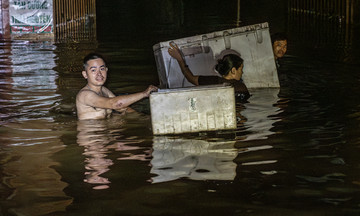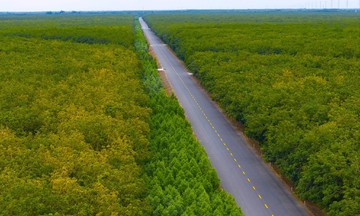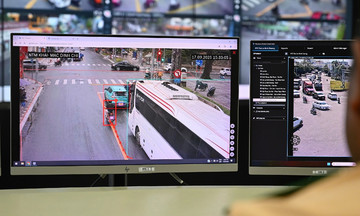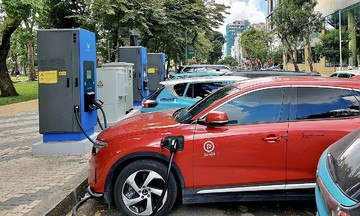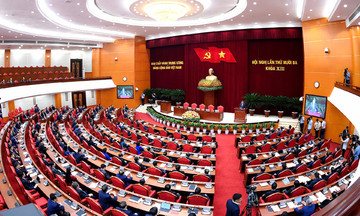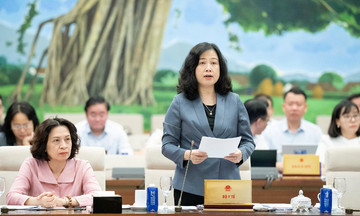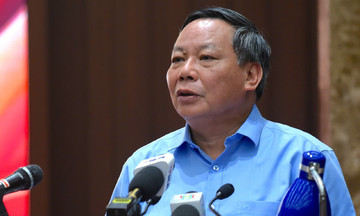According to the decree, chief science and technology officers are divided into two groups: system and project. These are individuals who lead important programs and projects, playing a crucial role in design, coordination, and comprehensive implementation in the field of science and technology.
System chief science and technology officers preside over important strategic systems, breakthrough technology projects, national innovation, and digital transformation. The criteria include at least 10 years of continuous work experience; the ability to design, organize, and coordinate large-scale, multi-component, multidisciplinary programs and projects with high creativity and risk; and the ability to connect and build networks of experts and scientists domestically and internationally. Those holding this title must have presided over at least two major interdisciplinary science and technology projects or programs, or two interdisciplinary products that have been successfully applied and commercialized.
Project chief science and technology officers are in charge of implementing special science and technology programs and tasks approved by the prime minister. They must have at least 10 years of continuous experience, the ability to design and coordinate large-scale, multidisciplinary projects, and have presided over at least one interdisciplinary project or product with practical impact.
Regarding authority, the Central Steering Committee decides on the selection of system chief science and technology officers, and the standing body signs the contracts. For project chief science and technology officers, the prime minister makes the decision, and the agency in charge of the project is responsible for signing the contract.
Notably, the decree allows competent authorities to exceptionally recruit individuals who do not fully meet the formal criteria but possess prestige, capacity, and the ability to perform tasks effectively.
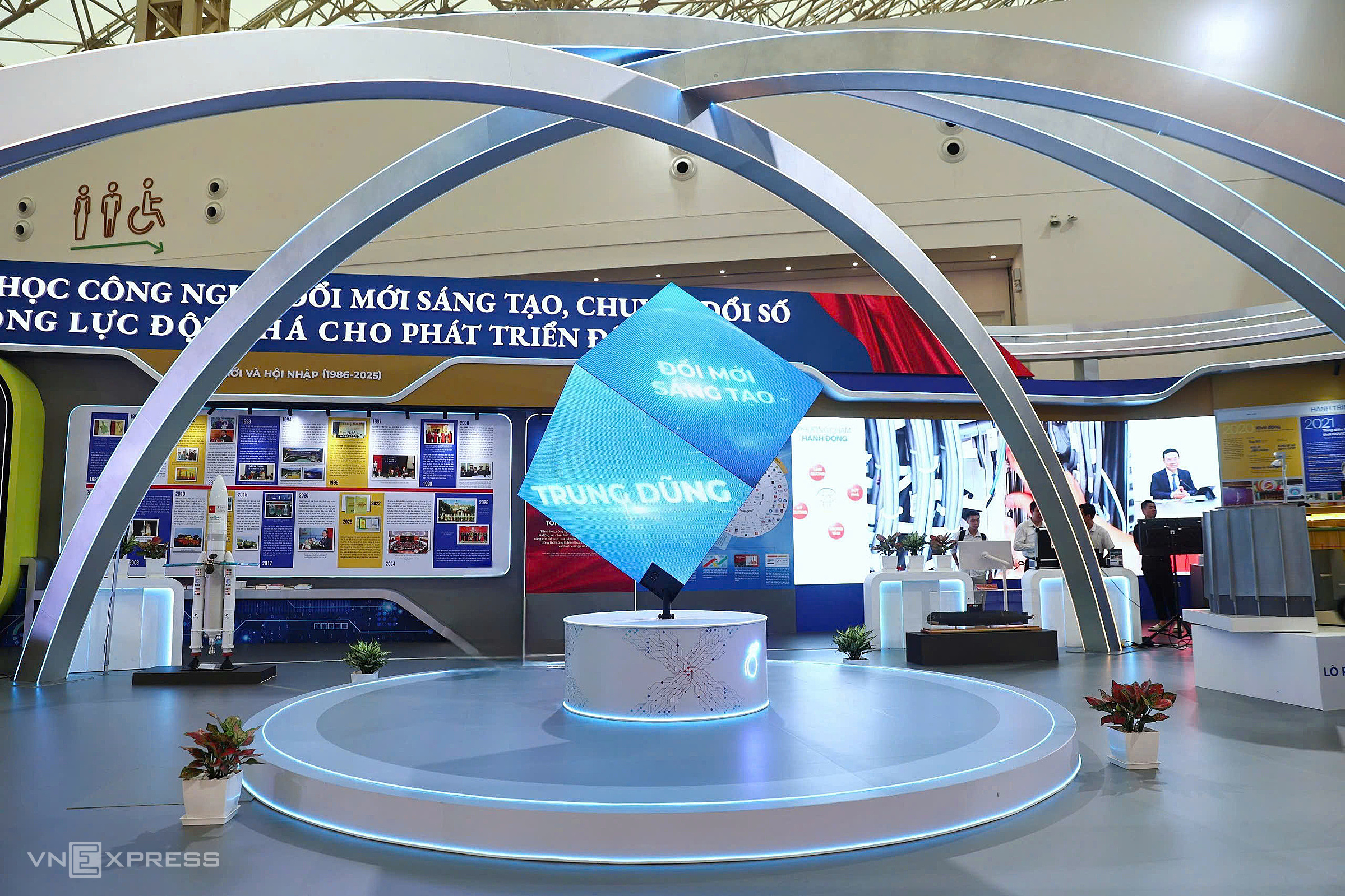 |
Booth of the Ministry of Science and Technology at the 80th anniversary of national achievements exhibition. Photo: Quynh Tran |
Booth of the Ministry of Science and Technology at the 80th anniversary of national achievements exhibition. Photo: Quynh Tran
In addition to chief science and technology officers, the decree also stipulates the title of chief architect, which includes three groups: central ministries and branches; provinces and cities; and project level.
Chief architects at the ministry, branch, and local levels require at least 7 years of continuous experience in science and technology, having participated in developing policies and strategic programs, with prestige and strategic thinking.
Project chief architects need at least 5 years of experience, having presided over at least one program or task at the project scale, with the ability to implement overall architecture and international cooperation.
This title is supplemented with authority and working conditions commensurate with the tasks at each level.
Working under non-payroll labor contracts:
Chief science and technology officers and chief architects work under non-payroll labor contracts. If selected officials are civil servants, they will relinquish their previous positions to focus on the new tasks, and this period will still be counted as continuous service.
Salaries and income are negotiated based on current salary levels and assigned tasks, ensuring they are commensurate with responsibilities and in line with market rates. Regarding bonuses, the maximum is 5 months' salary for excellent completion of tasks and 3 months' salary for completion of tasks. Those selected also receive initial support of one month's salary to settle accommodation, travel, and purchase essential items.
In addition, they are entitled to public housing policies or rental support, transportation, and working conditions according to high-level expert standards. The title holder can arrange up to 10 support staff and is allowed to propose budget estimates and allocate funds for surveys, research, and international cooperation.
Chief science and technology officers and chief architects, along with their families, are entitled to healthcare, convalescence, and annual leave. Foreigners are exempt from visas when working in Vietnam.
In addition to material benefits, those holding the title are honored and rewarded upon accepting and completing their assignments. They can be commended by high-ranking leaders, rewarded according to law, and participate in major forums on science, technology, and innovation.
Decree 231 is expected to be a breakthrough step in attracting and valuing a team of science and technology talents, in the context of Vietnam promoting its national innovation and digital transformation strategy. This policy not only motivates experts to contribute but also places them in leadership positions in strategic projects, with commensurate remuneration.
The decree takes effect on 1/10/2025.
Son Ha




